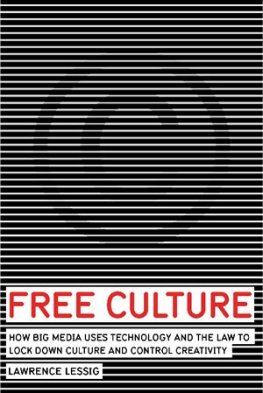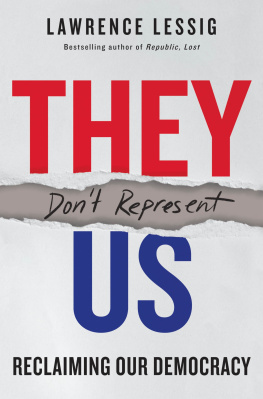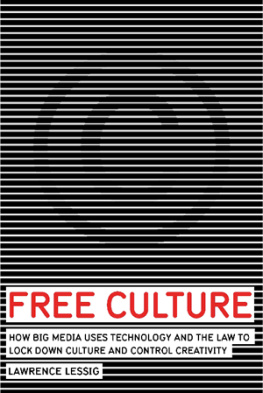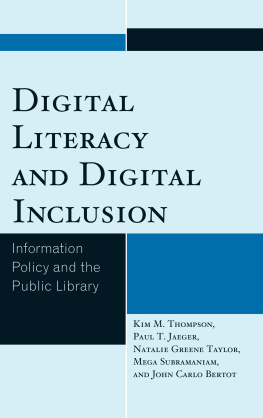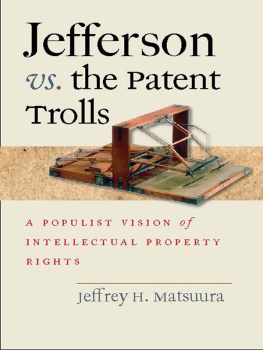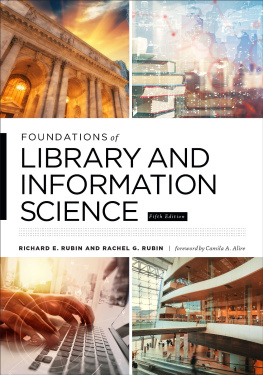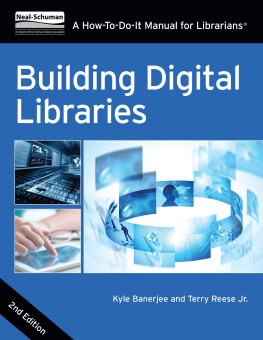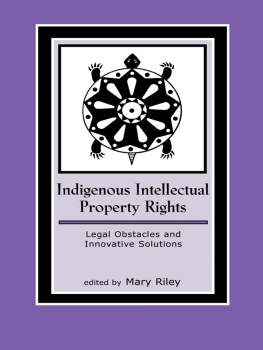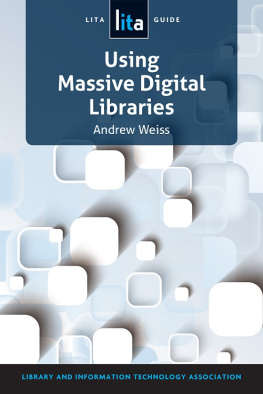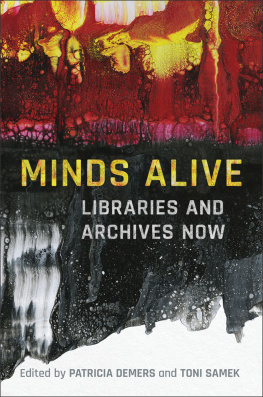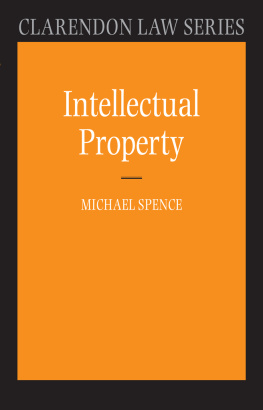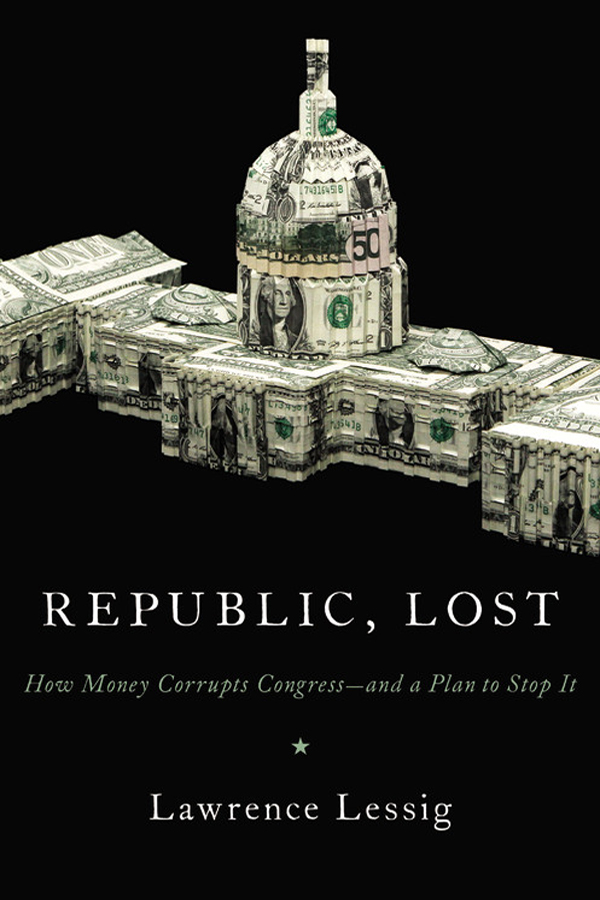Copyright 2011 by Lawrence Lessig
All rights reserved. Except as permitted under the U.S. Copyright Act of 1976, no part of this publication may be reproduced, distributed, or transmitted in any form or by any means, or stored in a database or retrieval system, without the prior written permission of the publisher.
Twelve
Hachette Book Group
237 Park Avenue
New York, NY 10017
Visit our website at www.HachetteBookGroup.com
www.twitter.com/grandcentralpub
Twelve is an imprint of Grand Central Publishing.
The Twelve name and logo are trademarks of Hachette Book Group, Inc.
The publisher is not responsible for websites (or their content) that are not owned by the publisher.
First eBook Edition: October 2011
ISBN: 978-0-446-57642-0
Having spent much of his career exposing the illusion of copyright laws action, Lawrence Lessig currently works in institutional corruption, probing the decisions of institutions that gamble public trust on failed wars and special interests. Lessig directs the Edmond J. Safra Center for Ethics at Harvard University, professes at Harvard Law School, and champions the necessity of democratic citizenship through his leadership of the Fix Congress First movement. He also serves on the boards of Creative Commons; MapLight; Brave New Film Foundation; Change Congress; the American Academy, Berlin; Freedom House; and iCommons.org; and on the advisory board of the Sunlight Foundation.
Prior to rejoining the Harvard faculty, Lessig founded Stanford Law Schools Center for Internet and Society and was professor of law at the University of Chicago. He clerked for Judge Richard Posner on the Seventh Circuit Court of Appeals and for Justice Antonin Scalia on the United States Supreme Court. Among Lessigs achievements are the Free Software Foundations Freedom Award and being named one of Scientific Americans Top Fifty Visionaries. Lessig holds a BA in economics and a BS in management from the University of Pennsylvania, an MA in philosophy from Cambridge University, and a JD from Yale University.
Remix: Making Art and Commerce Thrive in the Hybrid Economy
Free Culture: The Nature and Future of Creativity
The Future of Ideas: The Fate of the Commons in a Connected World
Code: And Other laws of Cyberspace
With Kembrew MacLeod
Freedom of Expression: Resistance and Repression in the Age of Intellectual Property
With Joseph Michael Reagle, Jr.
Good Faith Collaboration: The Cuture of Wikipedia
To the million Arnold Hiatts that this revolution will need
There is only one issue in this country, former MSNBC commentator Cenk Uygur told Netroots Nation, in June 2011. Campaign finance reform.
For the vast majority of America, Uygurs comment is obscure. For a small minority, it is obvious. This book was written for that vast majority, drawn from the insights of that small minority.
As I have struggled to craft it, I have become driven by the view that practically every important issue in American politics today is tied to this one issue in this country, and that we must find a way to show the connections. For both the Left and the Right, until this one issue gets fixed, there wont be progress on a wide range of critically important public policy issues. Until it gets fixed, governance will remain stalled.
The challenge is to get America to see and then act. Again and again I have been told by friends, If youre going to do this, the story needs drama. There has to be good versus evil. You must tell story after story about venal corruption. Rod Blagojevich, Randy Duke Cunningham, Jack Abramoffthese are the figures who will rally America to respond.
Maybe. But what if the problem is not Blagojevich? What if Washington is not filled with evil souls trying to steal from the republic? What if the absolutely debilitating corruption that we face is a corruption caused by decent souls, not crooks? Could America rally to respond then? Can we get angry enough about small but systemic distortions that block the ability of democracy to work, if those distortions are the product of good people working in a corrupted system?
I am unsure. As I have worked over the past four years to understand this problem, I have become convinced that while a corruption of Congress is destroying the republic, that corruption is not the product of evil. There is great harm here, but no bin Laden. There are Jack Abramoffs and Duke Cunninghams, to be sure, but they are the exception, not the rule. And without great evil, I am not yet sure that we can muster the will to fight. We will, I fear, simply tolerate the corruption, as a host tolerates a parasite that is not life threatening. Until it is.
Yet I write with hope. If we understand the nature of this corruption, its solution will be obvious. The challenge, then, will be to build a movement to bring about that solution. Such a movement is possible. It has been built before.
But to build it will require a different kind of learning. This is not an academic book. I do not mean to enter an academic debate. It instead builds upon the insights of academics to address a different debate entirely: a political debate, within the domain of activists, that has been raging in parallel for almost a half century.
Each side in this debate talks past the other. The academic seeks a truth, but that truth is too often too obscure for citizens to grok. The activist seeks to motivate, but with stories that are too often too crude, or extreme. The activist is right that the problem is badindeed, worse than his focus on individual corruption suggests. But the academic is right that if the problem is bad, it is not bad because our government has returned to the Gilded Age. We are better than they were, even if the consequences of our corruption are much worse. For this is the paradox at the core of my argument: that even without sinning, we can do much more harm than the sinner.
This work takes me far from my earlier writing, though the hint of this book was clear in Remix (2008). I was driven to this shift when I became convinced that the questions I was addressing in the fields of copyright and Internet policy depended upon resolving the policy questionsthe corruptionthat I address here. I thus left copyright and Internet policy, and began a process to learn as much as I could about a vast and largely undefined field. That work has brought me back to Harvard, where I am now the director of the Edmond J. Safra Center for Ethics, and where I direct a five-year research project studying this institutional corruption generally. It has also pushed me to help forge a multipartisan political movement (described in the Appendix) to demonstrate the need, for the objectives of both the Right and the Left, for this fundamental reform.
Because such is the practice this reform will need: the willingness to move between the two very different worlds of the academic and the activist. I am not yet convinced that such a practice can work. I am certain it will evoke sharp criticism from the purists in each world. But if above that din, there are citizens who can glimpse a path to reform, that criticism is a small price to pay.
T here is a feeling today among too many Americans that we might not make it. Not that the end is near, or that doom is around the corner, but that a distinctly American feeling of inevitability, of greatnessculturally, economically, politicallyis gone. That we have become Britain. Or Rome. Or Greece. A generation ago Ronald Reagan rallied the nation to deny a similar charge: Jimmy Carters worry that our nation had fallen into a state of malaise. I was one of those so rallied, and I still believe that Reagan was right. But the feeling I am talking about today is different: not that we,



